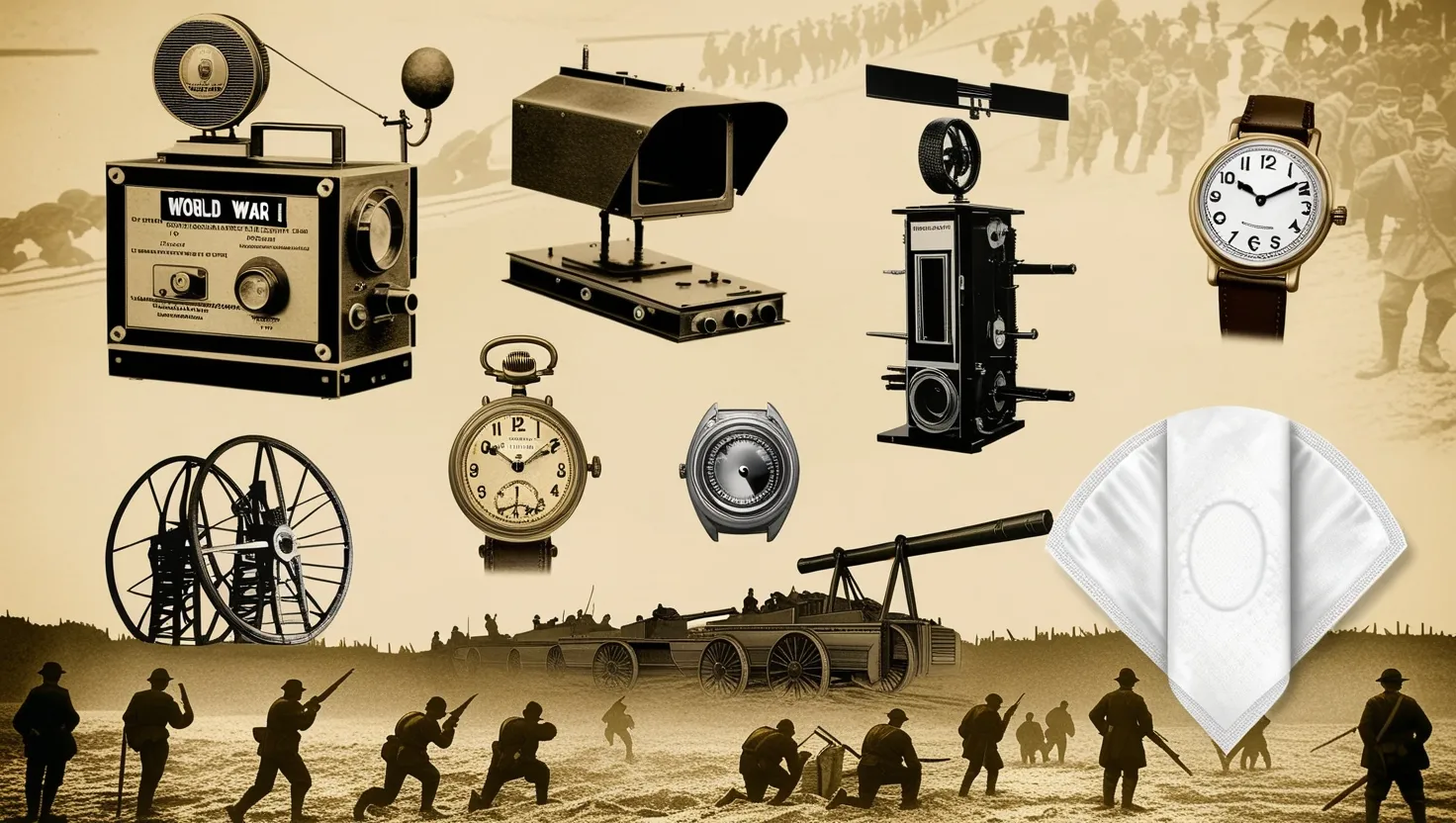After World War I, the world was left in shambles. The war had caused unprecedented destruction and loss of life, leading to a global desire for a new way to maintain peace. This desire led to the formation of the League of Nations, an international organization dedicated to preventing future wars and promoting global cooperation.
The League of Nations was born out of the Paris Peace Conference in 1919. It was the brainchild of President Woodrow Wilson, who envisioned a world where nations could resolve conflicts peacefully. Wilson’s idea was part of his Fourteen Points, a plan for a fair and lasting peace in Europe. The League’s headquarters was established in Geneva, Switzerland, and its primary goals included preventing wars through collective security and disarmament, and settling international disputes through negotiation and arbitration.
Despite its noble aims, the League faced significant challenges from the start. One of its biggest hurdles was the refusal of the United States to join. The U.S. Congress, led by Henry Cabot Lodge, opposed joining the League, fearing it would legally bind the U.S. to intervene in European conflicts. This opposition was a major blow to the League, as the U.S. was a key player in international affairs and its absence weakened the organization’s effectiveness.
The League’s structure was designed to be independent, without its own armed force. Instead, it relied on the Great Powers to enforce its resolutions. However, these powers were often reluctant to take action, which left the League powerless to intervene in many conflicts. The League’s inability to enforce its decisions was highlighted during the Italian invasion of Abyssinia, the Spanish Civil War, and the Second Sino-Japanese War, among other conflicts.
Despite these failures, the League did achieve some notable successes. It played a crucial role in resolving minor disputes and promoting international cooperation in areas such as labor conditions, human trafficking, and global health. The League also established several agencies that would later become part of the United Nations, such as the International Labour Organization and the World Health Organization.
The League’s diplomatic philosophy represented a significant shift from the past. It was the first international organization dedicated to maintaining world peace, and it laid the groundwork for future international organizations. However, its inability to prevent the outbreak of World War II ultimately led to its demise. The League was formally disbanded in April 1946, and its legacy was carried forward by the United Nations, which was established to address the weaknesses of the League and provide stronger mechanisms for maintaining peace.
In conclusion, the League of Nations was a pioneering effort in international cooperation and peacekeeping. While it faced numerous challenges and ultimately failed to prevent another global conflict, it paved the way for future international organizations and remains an important chapter in the history of global diplomacy.






